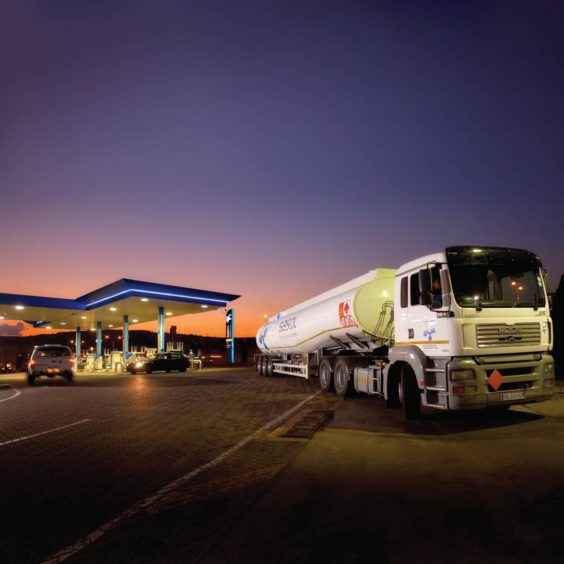
Sasol shareholders should expect better times ahead, with the company forecasting an improvement in earnings per share of at least 20%.
The South African chemicals company said this applied to the financial year ending on June 30. The gain compares to a loss per share of 147.45 rand ($10.4) for the year ending in mid-2020.
For the six months ending on December 31, 2020, Sasol reported earnings per share of 23.41 rand ($1.65).
The company will announce its audited results for 2021 on August 16, 2021.
Sasol took action as a result of the particular stresses of 2020. It has set out a new operating model, which the company says will position it for “sustained profitability in a low oil price environment”.
Sasol also reported on production, saying gas sales in South Africa were 8% higher than the previous year, although methane-rich gas sales were down 7%. Lower demand from refineries hit demand of the latter feedstock.
In Mozambique, it produced 85.5 billion cubic feet (2.42 bcm) in the year to date, down slightly from the same period in 2020. Sasol said production for the nine months was down because of lower demand from its Sasolburg and Secunda plants.
It continues to expect Mozambique output for the year will be 114-118 bcf (3.22-3.34 bcm).
Sasol completed the sale of its Gabon assets in February and is in the process of selling its Canadian holdings.
Downstream
The company shifted its processing work to chemical and lighter components in the nine-month period.
Diesel has returned to pre-pandemic levels, while petrol demand is 90-95% returned. Jet fuel is still constrained, with Sasol expecting it to take at least 12 moths to return to levels before COVID-19.
Sasol cut production at Natref, while running Secunda Synfuels at full rates.
Sasol announced it had teamed up with Sonatrach Raffineria Italiana (SRI) on April 23. The two will work together on developing hydrogen projects.
The South African company has talked of moving towards the energy transition, both through cutting its own emissions and signing up to develop new resources.
The agreement with SRI “marks another exciting step towards a sustainable future”, said Sasol Italy’s vice president operations Sergio Corso.
He said collaboration with partners would “create value and develop innovative solutions for a better and increasingly sustainable world. This announcement also underscores our interest in making hydrogen a key element of Sasol’s sustainability journey.”
Sasol has recently announced plans to participate in Germany’s H2Global platform. It has also teamed up with Toyota South African Motors (TSAM) to explore green hydrogen mobility domestically.
